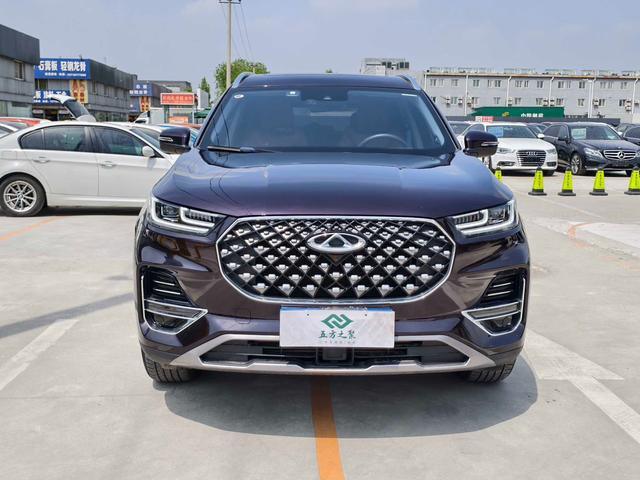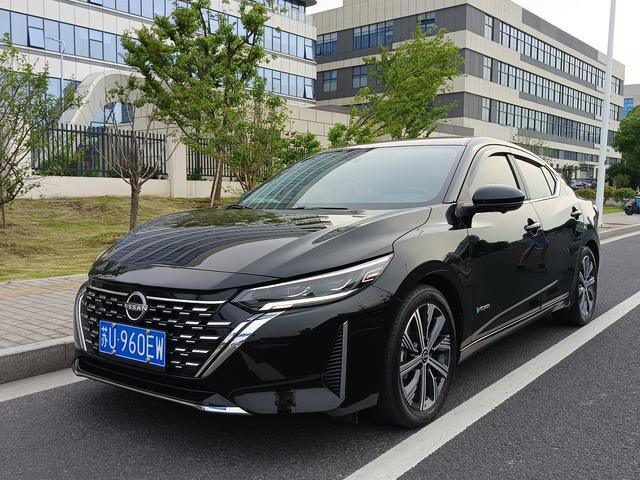Finding Your Perfect Vehicle Match: A Comprehensive Guide
Selecting the ideal vehicle that perfectly aligns with your lifestyle is more than just picking a shiny model off the showroom floor. The process of choosing a nice car involves careful consideration of multiple factors, from your daily routine to long-term financial planning. In today's diverse automotive market, making the right choice can feel overwhelming, but with the right approach, you can find a vehicle that not only meets your practical needs but also brings joy to every journey.
The automotive landscape has evolved dramatically over recent years, offering an unprecedented range of options from efficient hybrids to luxurious SUVs and powerful sports cars. This comprehensive guide will walk you through the essential aspects of vehicle selection, helping you navigate the choices to find your perfect automotive match.

Understanding Your Lifestyle Requirements
Daily Usage Patterns
Before you choose a nice car, take time to analyze your daily routines and requirements. Consider your typical commute, whether you frequently transport family members, and if you need cargo space for hobbies or work equipment. Urban dwellers might prioritize compact vehicles with excellent maneuverability and parking ease, while suburban families might need spacious interiors and advanced safety features.
Think about your weekly schedule - do you make frequent short trips around town, or do you regularly embark on long-distance journeys? Your driving patterns significantly influence the type of vehicle that will serve you best, from fuel efficiency to comfort features.
Future-Proofing Your Choice
While considering your current needs is crucial, anticipating future requirements ensures your vehicle remains suitable for years to come. Are you planning to expand your family? Will your commute change? Might you need to accommodate aging parents or growing children? These forward-looking considerations help you choose a nice car that adapts to your evolving lifestyle.
Consider also the rapidly changing automotive technology landscape. Electric vehicles are becoming increasingly prevalent, and autonomous driving features are advancing quickly. Your choice today should align with your anticipated needs and preferences for the next several years.
Financial Considerations Beyond Purchase Price
Total Cost of Ownership
When you choose a nice car, looking beyond the sticker price is essential. Calculate the total cost of ownership, including insurance premiums, fuel consumption, maintenance schedules, and potential repair costs. Luxury vehicles often carry higher maintenance expenses, while some economical models might require more frequent servicing.
Research historical depreciation rates for different models and brands. Some vehicles retain their value better than others, which can significantly impact your long-term financial picture, especially if you plan to sell or trade in the future.
Financing Options and Budget Planning
Explore various financing alternatives, from traditional loans to lease options. Each has its advantages and limitations, and the best choice depends on your financial situation and long-term plans. Consider setting aside a maintenance fund to cover routine servicing and unexpected repairs.
Remember to factor in additional costs like parking fees, toll charges, and seasonal maintenance requirements. These seemingly minor expenses can add up significantly over time and should influence your decision when you choose a nice car.
Performance and Safety Features
Essential Safety Technologies
Modern vehicles offer an impressive array of safety features that protect you and your passengers. Look for advanced driver assistance systems (ADAS) like automatic emergency braking, lane departure warnings, and blind-spot monitoring. These features have evolved from luxury options to essential safety equipment.
Consider the vehicle's crash test ratings and safety certifications. Organizations like NHTSA and IIHS provide detailed safety assessments that can help you choose a nice car with optimal protection features.
Performance Metrics That Matter
Evaluate performance characteristics that align with your driving needs. This includes acceleration capabilities, braking performance, handling characteristics, and fuel efficiency. Consider the driving conditions you'll frequently encounter, such as city traffic, highway cruising, or challenging weather conditions.
Don't overlook the importance of test drives in various conditions. A vehicle that feels comfortable during a brief showroom test might reveal limitations during extended use. Take time to experience different driving scenarios before making your final decision.
Interior Comfort and Technology Integration
Comfort Features and Ergonomics
The interior is where you'll spend most of your time, making comfort a crucial factor when you choose a nice car. Assess seat comfort, driving position adjustability, and visibility. Consider features like climate control, noise insulation, and storage solutions that enhance daily usability.
Pay attention to the quality of materials and build construction. Premium materials and thoughtful design can significantly improve your driving experience and help maintain the vehicle's value over time.
Technology and Connectivity
Modern vehicles offer extensive technology integration. Evaluate the infotainment system's user-friendliness, smartphone connectivity options, and available apps. Consider whether features like wireless charging, voice commands, and navigation systems align with your technology preferences.
Look for systems that receive regular updates and offer future expandability. The technology landscape evolves rapidly, and choosing a vehicle with updateable systems helps ensure long-term relevance.
Frequently Asked Questions
How long should I spend researching before making a car purchase?
Dedicate at least 2-3 months to research when you choose a nice car. This allows time to compare models, read reviews, arrange test drives, and evaluate financing options. Take time to visit multiple dealerships and gather information about different vehicles that interest you.
Should I consider a new or used vehicle for my lifestyle?
The decision between new and used depends on various factors including budget, desired features, and long-term ownership plans. New cars offer the latest technology and full warranty coverage but come with higher initial costs. Used vehicles can provide better value but may require more careful inspection and maintenance planning.
What role should fuel efficiency play in my decision?
Fuel efficiency should be a significant consideration, especially if you have a long commute or frequently drive long distances. Calculate your annual fuel costs based on your typical mileage and compare different vehicles' efficiency ratings. Consider also the growing availability of electric and hybrid options as alternatives to traditional fuel-powered vehicles.

